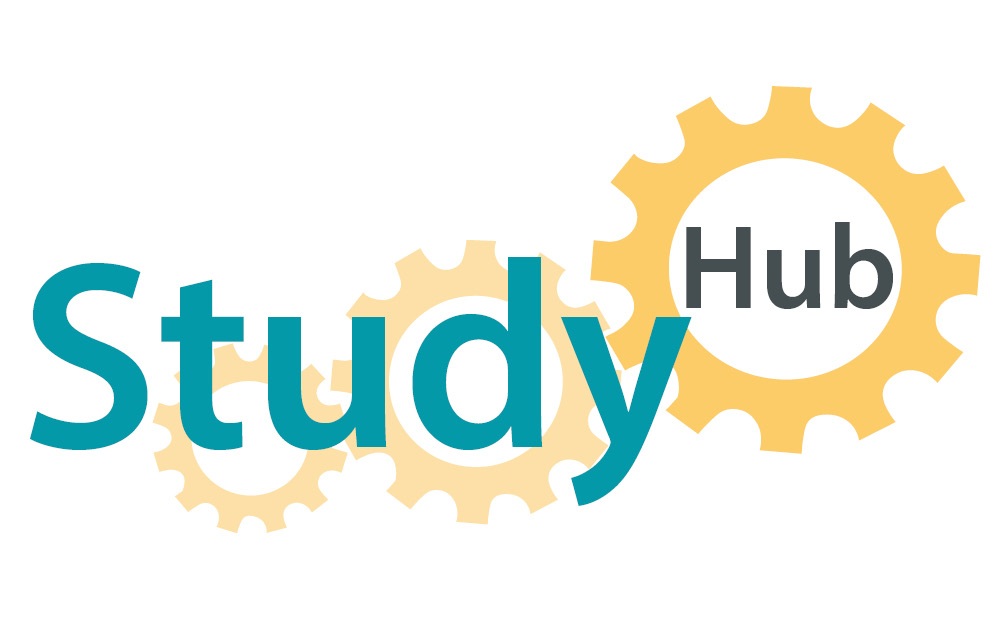 In this post Meg Maclean discusses how English Language Education (ELE) can support students struggling with language barrier in their studies.
In this post Meg Maclean discusses how English Language Education (ELE) can support students struggling with language barrier in their studies.
What support does ELE provide students?
Edinburgh is a very international, very large university and ELE [English Language Education] has been established to address that.
A good place to start for English language support are ALLIS courses (Academic Language and Literacies for In-Sessional Study, formerly ELSIS). ALLIS courses are free, optional, non-credit bearing and are available for undergraduate and postgraduate from all disciplines across the University. Students can simply apply for these via the website. This semester [Semester 1] there are courses focussing on academic writing and seminar discussion skills. The next semester there will be different courses.
We also offer independent study materials that students with UUN can download. Of course, there is no element of feedback or interaction as they are independent resources, but students can access them anytime.
Postgraduate students can also use the Graduate Writing Centre, 1-1 online tutorials which runs throughout the whole semester. We ask students to bring any piece of writing with them and some questions; the only specification – it is not a proof-reading service! During these tutorials we can often help students by identifying some of the transferable problems that they may have. For instance, if we see that organization is not clear or there is a vocabulary issue in the writing, we would help to deal with that particular piece but then we would also focus on longer term, addressing some points that could be transferred to other pieces of writing too.
Students could also approach their PT (personal tutor) or Student Adviser regarding language barrier challenges and usually their PT/Student Adviser would direct them to us, and we would help if we had that capacity.
What strategies could students use to minimize the impact of the language barrier on their studies?
There are loads of things that students can do! Here are a few:
STRATEGIES FOR READING
1) Become familiar with genres in your discipline. Once you are familiar with the type of text that you’ve got to look at, you can identify main points in the text easier.
2) Think about the purpose for reading that text. For example, if you have to read a lot of text in order to find which one is appropriate for your particular needs, then you would probably need to read quickly, skim or scam. This would give global understanding of texts, whereas if you need to read more critically to compare different perspectives, think about your own responses to the text, then you would need to read in more detail.
3) Unpack the text. Identify key words, topic sentences, find any clues. To give you a deeper understanding of the text, look at the language references, what the pronouns refer to. For example, ‘Look at this’, what does ‘this’ refer to?
4) Try to guess meaning of new vocabulary. Instead of looking up the words, try to infer a meaning from the context. Rather than having to stop and interrupt your reading, making it much slower and less motivating, develop this ability to infer/ guess the meaning. The more you read, the better it will become. If you find some word is repeated over and over, underline it to look it up at the later stage.
5) Develop an interactive approach to reading. Before reading, think about your expectations, what will the text be about. Think about what you already know and how this compares to what you are reading.
STRATEGIES FOR LISTENING
Listening can seem more stressful than reading; however, the strategies are quite similar.
1) Firstly, try to understand the gist [main idea]. For example, if it’s a lecture you would know the title of the lecture, research that initially to get some background understanding and compare that with what you already know.
2) During the lecture write down unknown words so that they don’t distract and then you can check them later. But try guessing unknown words first to develop your ability to infer.
What are the opportunities and the challenges for tackling language barrier when studying in hybrid?
Hybrid learning can be beneficial to tackle language barrier because often students can have more 1-1 support with their teachers. For example, their teachers might be more available to respond to messages on Teams and students feel more comfortable to reach out to them in a private chat. This also means that because a lot is written, students have more time to write clearly, and teachers can then respond to that too.
However, one of the difficulties is encouraging everyone to engage and interact. If you can’t see students’ expression or mouth, communication can become impaired. I think it’s a question of trying to reach out and giving them different modes. For example, if it’s an online, synchronous class, we are requesting students to have their camera on. If that is not possible or desired for a student, then having alternatives as chat or shared documents where they can respond are helpful. Students might also be feeling that there is not that much interaction with peers, but then we try and encourage using breakout rooms.
What advice would you give to students for this academic year?
There are so many international students in the university, so a lot of people are in the same situation. Try and reach out and find somebody who you have something in common with whom you could practice your language with.
If you are not in Edinburgh, then the necessity to interact somehow really increases. Try to reach out, to get that language exposure and practice. Language is a skill and the more you practice it, the more you are able to do it.
Try and be honest and communicate with your teachers and help them help you. With online courses, the more you give, the more you’ll get. It is really easy to not do anything but then you may not achieve your best that you could do.
I always say to students, don’t suffer in silence. If there’s any kind of issue, make it known. The Edinburgh University is massive and there are support mechanisms everywhere. Thus, there will be something that your teacher can do.
Have a look at the Study Hub Reading at university page for more advice and guidance on reading effectively.



